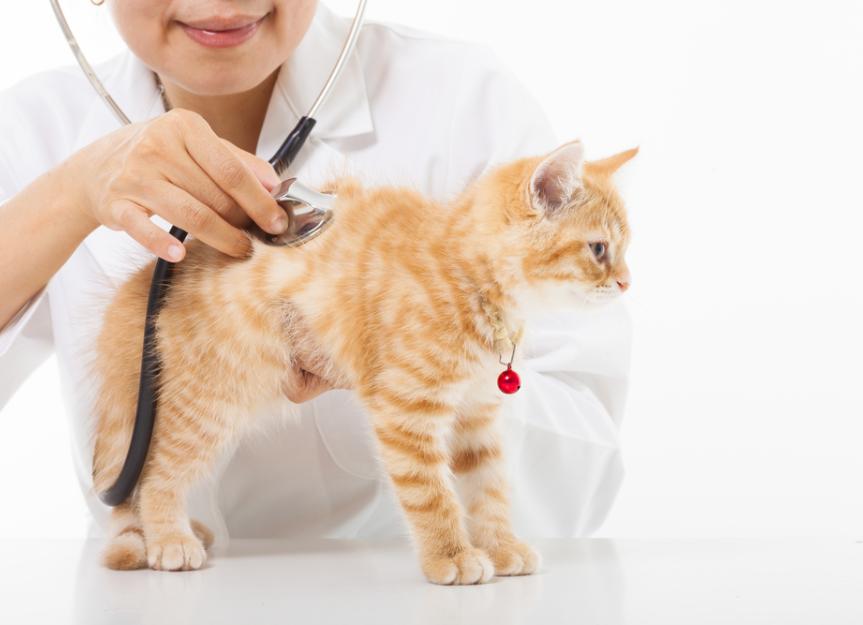Whipworms in Cats
Trichuriasis in Cats
Whipworm infection in cats is not as common as in dogs, but in both North America and Europe, it is a disease conditon that can affect cats. Whipworms are able to live in an environment anywhere from a few months to a few years, and their eggs can be present in soil, food, and water, as well as in feces and animal flesh. Cats are usually infected with whipworms (Trichuris serratain North America, andTrichuris campanulain Europe) through ingestion of infested matter, but can also be contracted from other animals. Additionally, whipworms can infect cats of any age.
Whipworms can affect both dogs and cats. If you would like to learn more about how this disease affects dogs, please visitthis pagein thePetMDhealth library.
Symptoms and Types
A whipworm infection may present itself as a large bowel inflammation or bloody diarrhea, or it may be asymptomatic. Other symptoms commonly associated with a whipworm infection include dehydration, anemia, and weight loss. It is worth noting that symptoms may begin prior to any visual evidence of whipworm eggs.
Causes
Cats contract whipworms by ingesting infested or contaminated matter (e.g., food, water, flesh).
Diagnosis
The veterinarian will confirm the diagnosis by conducting the fecal flotation procedure on a stool sample. If parasitic eggs or whipworms are present, they will float to the surface of the glass slide. Whipworm infection will need to be diffrentiated from other parasitic worm infestations, including lungworms and worms contracted from eating rodents.
Treatment
Treatment is generally done on an outpatient basis; your veterinarian will prescribe medication to destroy both the worms and larvae living within the cat's body.
Living and Management
A follow-up examination is advised to confirm that all eggs have been exterminated from the animal's system. This is generally accomplished by performing a fecal examination.
Prevention
Other than properly sanitizing your pet's area, the best way to prevent a whipworm infection is to avoid placing your cat in closed or crowded quarters with other animals.
Help us make PetMD better
Was this article helpful?
